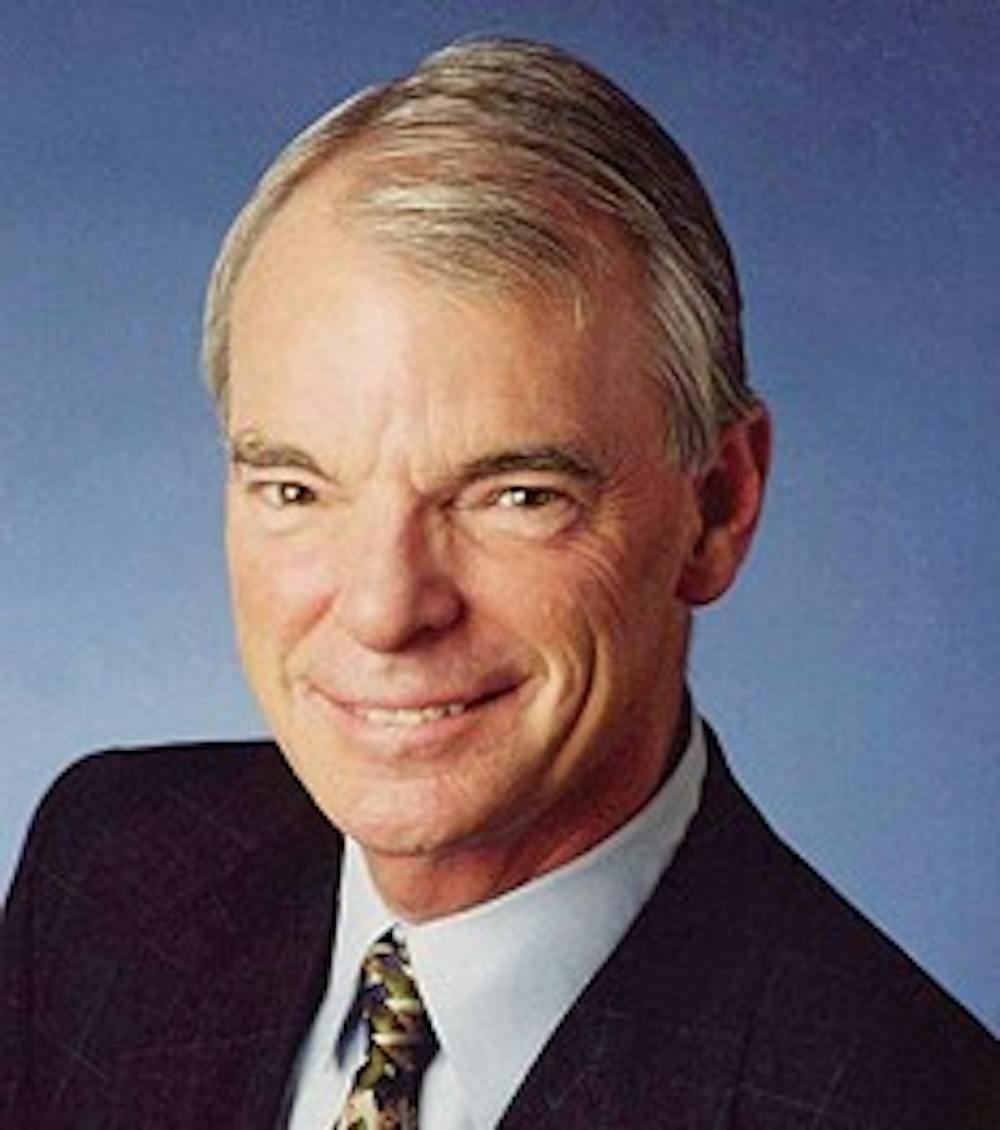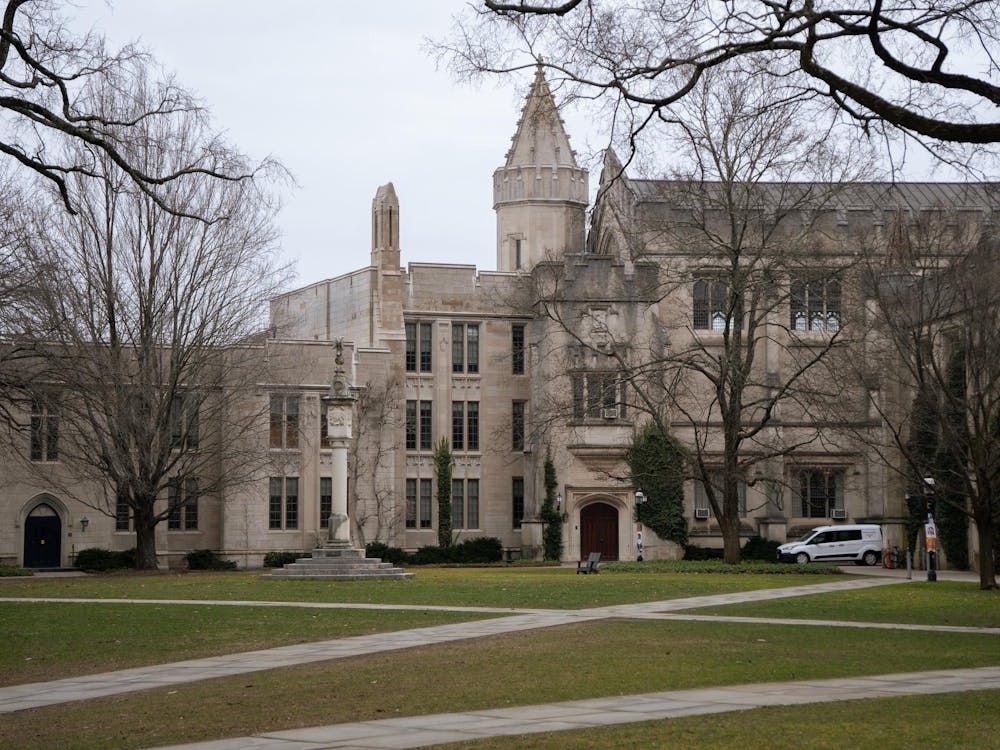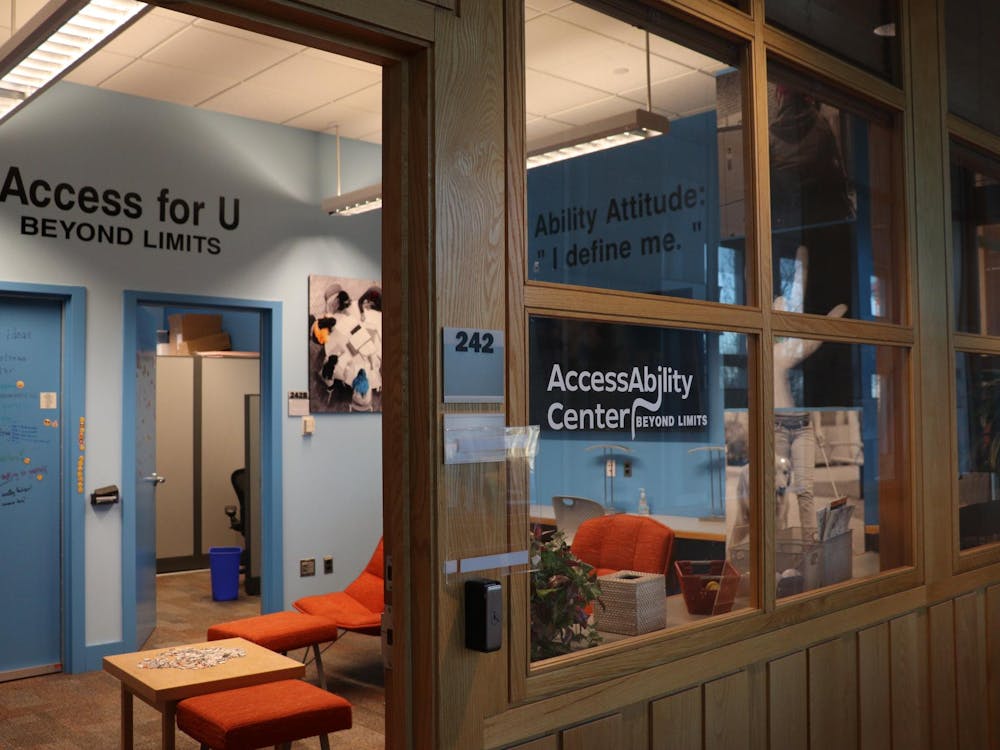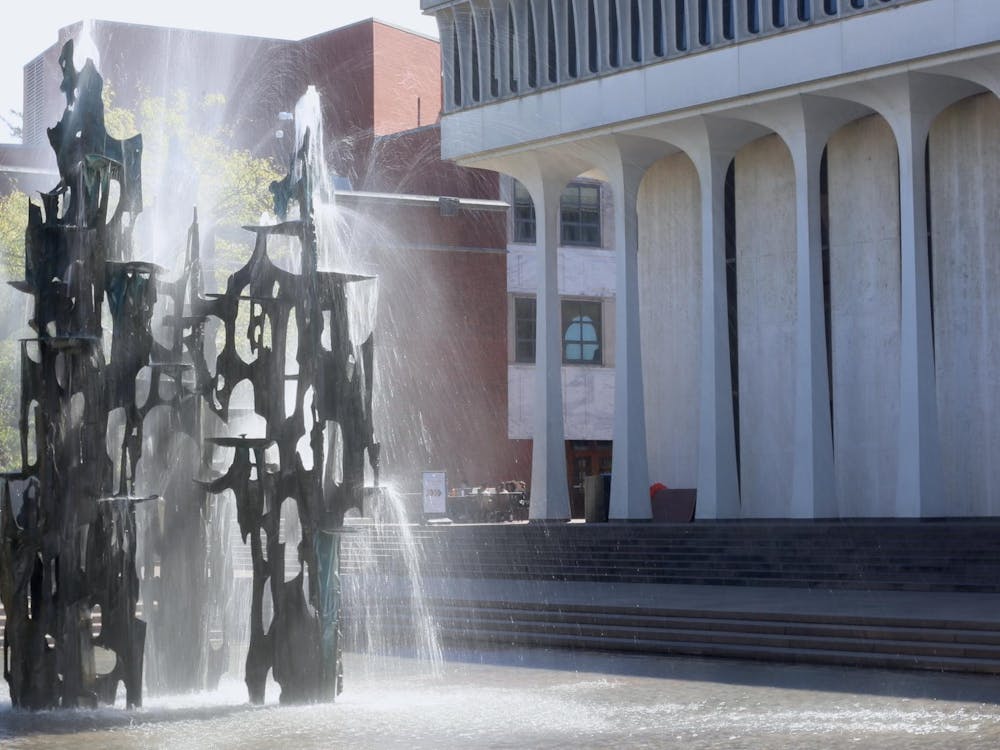Michael Spence '66 received the 2001 Nobel Memorial Prize in Economic Sciences for his work on information flows and market development. He is most well-known for his job-market signaling model, where employees signal their skills to employers by acquiring different amounts of education. Spence is currently on the faculty of New York University's Stern School of Business. He sat down with The Daily Princetonian to talk about his Princeton experience and his current research.
The Daily Princetonian: What made you interested in applying to Princeton for your undergraduate education?
Michael Spence: Canada, where I grew up, did not have a liberal arts education at that time. I knew about Princeton from playing hockey against the Lawrenceville School. So, I took the SAT and applied. At the time we had 5 years of high school. I decided to stay for the fifth year and then arrived at Princeton in the fall of 1962.
DP: When you were at Princeton, in what kinds of activities did you participate? What got you interested in philosophy, and what was your senior thesis about?
MS: I played hockey all four years — one year as a freshman and three years on the varsity team. We weren’t that good but we were entertaining. I started out in mathematics and on the advice of my wonderful advisor [Richard Ludwig], switched to major in philosophy. My senior thesis was about freedom and determinism. It was a fantastic department then and I imagine it still is.
DP: As a Rhodes Scholar, how did you decide you wanted to study mathematics? Why did you then decide to pursue economics?
MS: I began in PPE (philosophy, politics and economics), and then switched to the B.Phil program in economics. But, I then decided that I should learn more math and so I switched to mathematics. I ended up staying at Oxford to get a bachelor’s and a master’s in mathematics. When I finished, I knew I wanted to give economics a try and did by going to the Harvard Ph.D. program.
DP: Could you talk a little about your research interests over the years and how you formulated your job-market signaling model?
MS: I got interested in signaling in the context of being a rapporteur in a faculty seminar in the then-new [Harvard] Kennedy School. Some of the discussion focused on markets with incomplete information and that is what got me interested.
DP: When you were informed that you had won the Nobel Prize in 2001, what was your immediate reaction? Could you describe your experience traveling to Sweden to accept the prize?

MS: I was asleep in Hawaii. I guess you could describe it as bewilderment followed by shock and disbelief. Then it sunk in — followed by great joy. I was not expecting it at all. Sweden was a wonderful, intense whirlwind of activity. It was truly memorable, and more so because 2001 was the 100th anniversary of the Nobel Prize and all the living previous winners (or certainly most) came back. Quite an intimidating concentration of scientific and literary talent.
DP: What are your current research interests and where do you see the field of economics heading?
MS: I am now focused on growth and related issues including and perhaps especially in developing countries. The post-war period has seen a truly remarkable shift in the growth and prospects and opportunities of the 85 percent of the world’s population that lives in developing countries.
DP: How do you think your Princeton experience prepared you for your career and how do you think the University has changed over the years?
MS: Princeton for me and many others was a liberating experience, in the sense that one is intensely exposed to so many new ideas and ways of seeing the world. My advisor, Richard Ludwig, was a great human being and a wonderful guide to the intellectual smorgasbord. Princeton has changed over the years in wonderful ways. It is more diverse and covers a wider range of subjects. But it has never lost its commitment to undergraduate education, to intellectual rigor and to service to one’s society. It was great then and it is even greater now.
DP: Finally, what do you like to do for fun?
MS: [My family and I] love the ocean. We swim, snorkel, boat and fish in Florida and in the Mediterranean. And we travel to visit new cities and places for leisure and, for me, quite a bit for work. In Milan, where we live, we move around on bicycles. It is wonderful to be free of the automobile in the day-to-day sense.
Image Courtesy New York University's Stern School of Business










